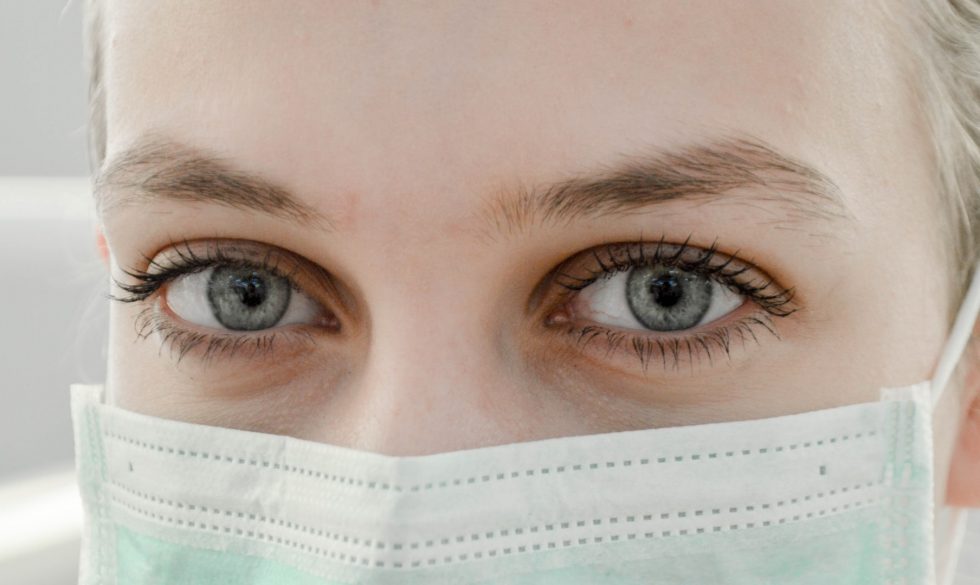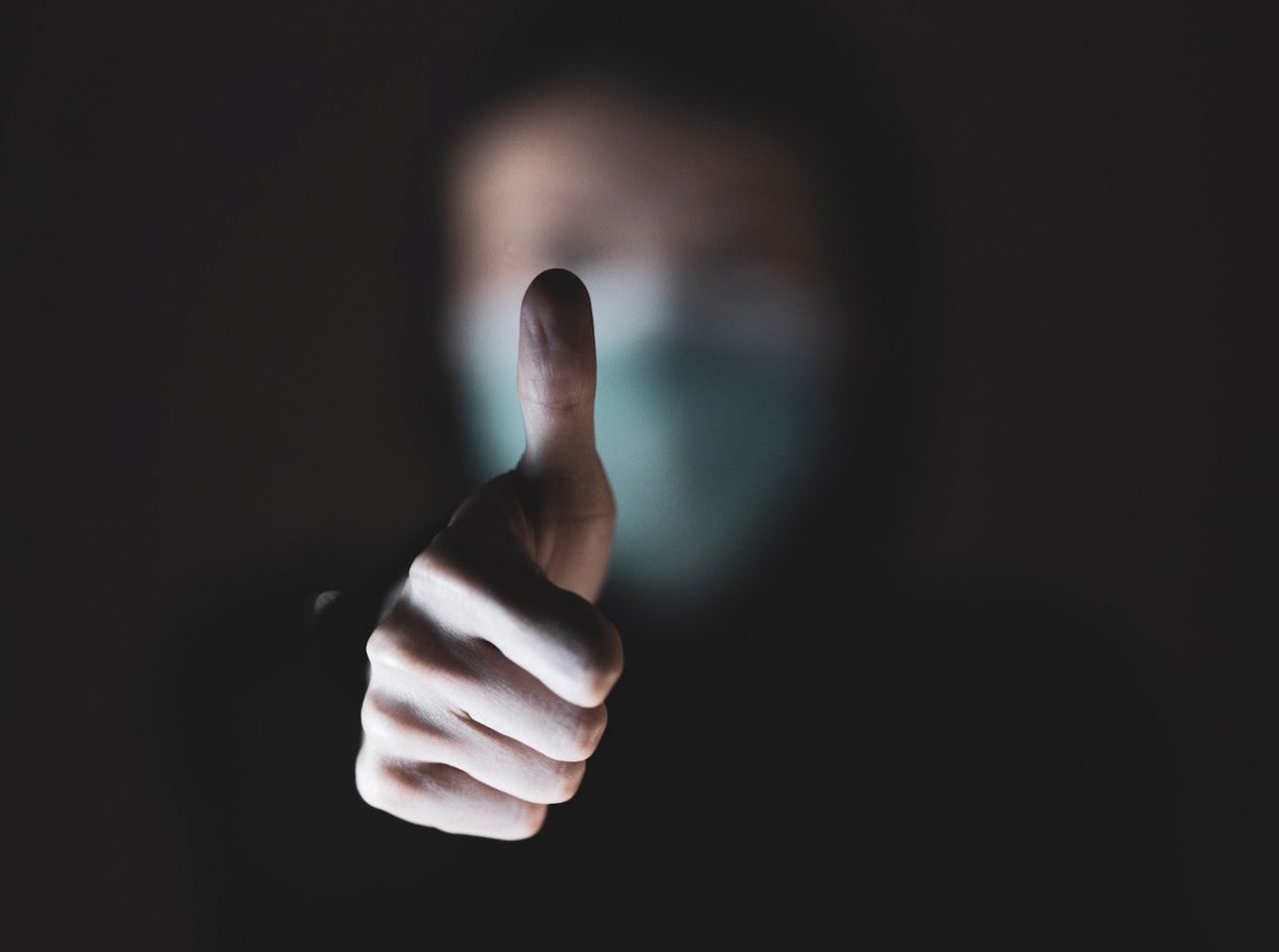LOOKING FOR A RELIABLE SUPPLIER OF PPE?

Do you know someone who has been having a hard time finding a reliable supplier of PPE to protect medical professionals?
Lets face it, finding a reliable supplier of PPE is no easy task for large health care organizations and is especially difficult for smaller clinics, doctors, and other medical offices. Shortages of Personal Protective Equipment (PPE) in the USA have reached crisis proportions and everyone is scrambling to buy direct from China’s mature market where up to 85% of the world’s suppliers are located including the basic raw material, nonwoven polypropylene fabric. With health professionals facing shortages and the CDC recommending the voluntary use of face coverings, do you wonder where and how to fill your supply lines reliably?
In today’s market it is “buyer beware” like never before. It seems that whenever there is a strong market driven by fear there are also plenty of scammers and marginal suppliers ready to take your money by telling you exactly what you want to hear. For example, Canadian health officials reported recently that “around 1 million KN95 respirators acquired from China have failed to meet federal Covid-19 standards for use by front-line health professionals.” If you want to protect your organization from a “PPE Nightmare” it is imperative that you find a reliable supplier of PPE and leverage their experience, network, and infrastructure to your advantage.
Mitigating PPE Quality Risks
You should know that due to the rush of getting as much product out the door as possible in the least amount of time, some PPE manufacturers are not making quality product that consistently meets the specifications that it is rated for. Hospitals and medical facilities in Europe, the United States, and Australia have all recently discovered defective and counterfeit N95 and KN95 face masks from China.
Given the tight market and rising costs of PPE, it is highly recommended to conduct a pre-shipment inspection at the factory before allowing any PPE to ship. While inspections are not a 100% guarantee, the use of a statistical, random sampling and auditing the lot of goods at the factory that produced them is standard protocol and mitigates your risk significantly, raising your confidence that there will not be any issues when the goods arrive. In addition, when manufacturers know that a buyer is going to do a physical pre-shipment inspection, just knowing it can make them act more diligently.
Performing a professional pre-shipment inspection allows a visual check of appearance, quantity, labeling, packaging verifications and on-the-spot tests including flammability, colorfastness, airflow, dampness, mold, and odor to further mitigate your risk. Independent lab tests can provide the maximum level of verification but may take up to a week or longer and cost several thousand dollars. However, independent testing may make sense for large orders depending on the urgency of the goods but when independent lab tests are required it is recommended to have a third-party select random samples from the shipping lot, not rely on the factory to do it themselves.
Five Easy Steps To Avoid Getting Burned on PPE
According to current regulations, which have been tightened recently, the manufacturer that produces the product, the exporter, and the importer all need to be registered with their respective governments. You can qualify a reliable supplier of PPE in China by making sure the factory and importer are registered with the FDA for the specific product that you are buying and that the exporter is registered with the China government to export the specific product that you are buying. If you are using a broker, take an extra step to make sure that they can provide proof of their relationship with the manufacturer. And, in addition to verifying that their registrations are legitimate, make sure that you have proper documentation that the production also meets the international standards that it is supposed to meet. In summary, there are five easy steps to avoid getting burned when you buy PPE in China:
- Verify the Manufacturer
- Verify the Raw Materials
- Verify the Exporter of Record
- Inspect the Finished Product Pre- Shipment
- Verify the Importer of Record
In short, due diligence is more important than ever when trying to qualify a reliable supplier of PPE.
Source International is a Reliable Supplier of PPE
We invite you to share your experiences in finding a reliable supplier of PPE and what unmet PPE needs you have that we can help you solve. Supplying PPE that protect our medical workers is a job that requires attention to detail and a professional team.
The Source International PPE Team in the USA, China, and Vietnam serves customers large and small for high quality, on-time PPE at a fair price. As a registered FDA importer, we sell specific FDA registered products such as surgical masks, face shields, disposable isolation gowns, FFP2 respiratory masks, KN95 masks and other PPE products.
Our team of on-the-ground supply chain professionals perform inspections and testing of randomly selected samples from every shipment on-site at our FDA certified manufacturers. Years of experience in supplying OSHA first aid kits and other disposable medical devices and a 3-decade long track record of excellence are your assurances that Source International is a reliable supplier of PPE.
Contact our USA offices to speak with one of our PPE professionals on your time zone (east and west) for the most up-to-date product offerings, cost, and availability.
What’s the difference between N95 and KN95 Masks?
Simply put, N95 masks are the US standard for respirator masks (United States NIOSH-42CFR84) while KN95 masks are the China standard (China GB2626-2006). The US National Institute for Occupational Safety and Health (NIOSH), a division of the CDC, requires manufacturers to meet the NIOSH standards in order to label their masks as N95s but, despite differences, the two masks are nearly equivalent on many critical features. One advantage of KN95 over N95 mask is that to be certified, the China government requires the manufacturer to run mask fit tests on humans while the N95 mask standard does not require manufacturers to run fit tests. Check out all the details of the differences between N95 and KN95 in this comparison chart.





Comments are closed